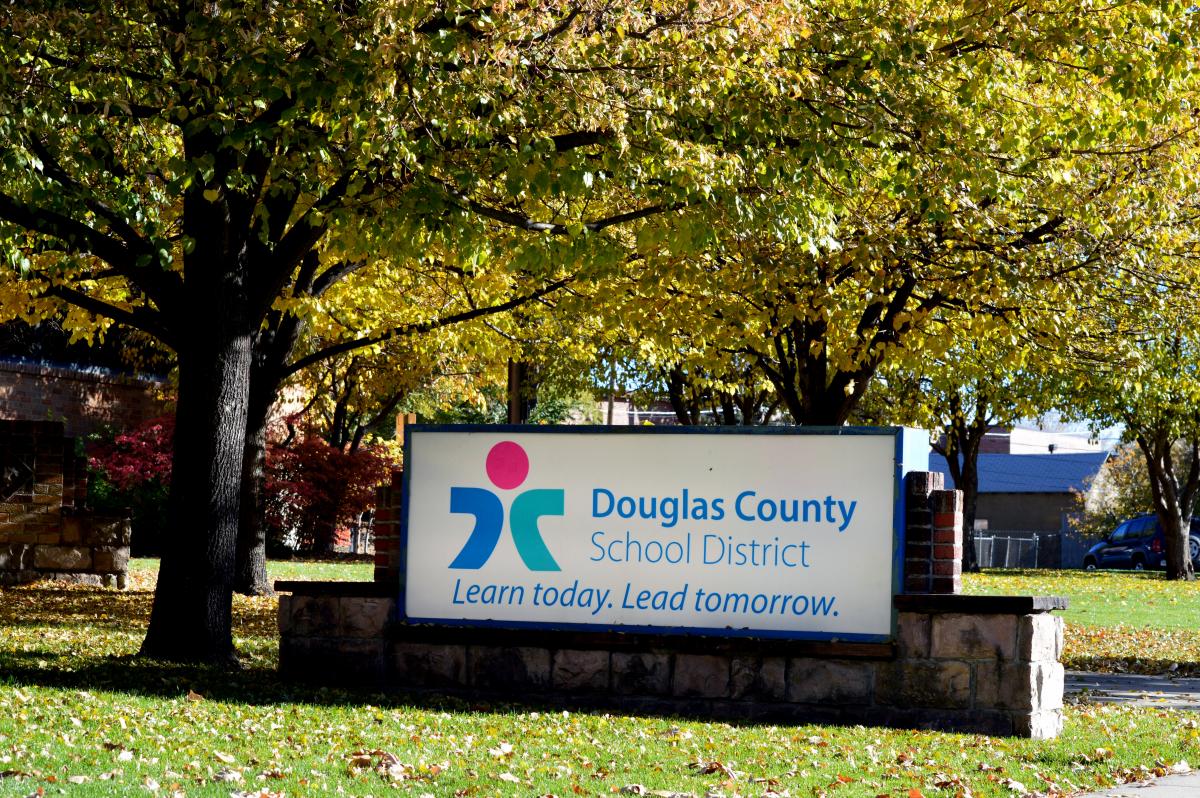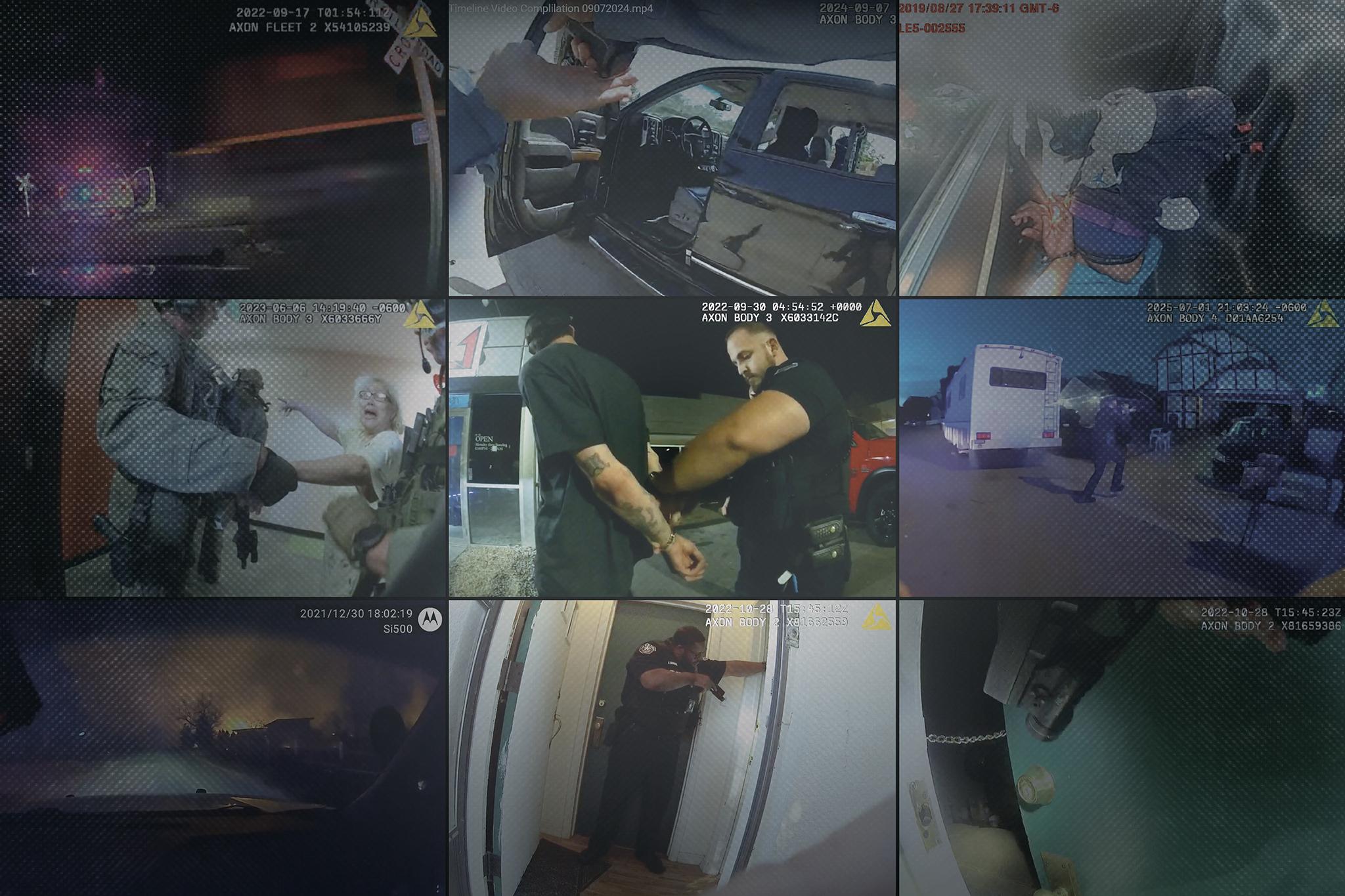
The U.S. Supreme Court’s Trinity Lutheran decision, involving a religious school applying for public grants, has prompted the nation’s high court to request that Colorado reconsider a decision over school vouchers. Douglas County public school's long-embattled voucher program has been involved in previous court fights since it was instituted in 2011.
So What Happened?
At issue in the Trinity case out of Missouri is whether or not the state violated the rights of Trinity Lutheran by denying the church grant money through a program that used recycled tires to resurface playgrounds. Trinity applied for the grant in spite of a prohibition against awarding taxpayer money to faith-based institutions.
The court sided with Trinity, reversing a lower court’s decision. The ruling was initially thought to have a narrow scope — although Justices Clarence Thomas and Neil Gorsuch refused to sign onto a footnote that would explicitly limit the scope of the decision to the facts of the case at hand:
“This case involves express discrimination based on religious identity with respect to playground resurfacing. We do not address religious uses of funding or other forms of discrimination.”
However, the decision to send the voucher question back to Colorado indicates that the high court wishes for states to deliberate further before they step in.
How Did We Get Here?
Why DougCo?
Douglas County’s school voucher program — called the Choice Scholarship Program — has been challenged in court about four times since it was implemented by the board in 2011, with one case getting thrown out. The initial conflict arose when DougCo’s program offered school vouchers to parents to use at certain schools deemed appropriate by the district. Religious schools were included as an option.
Let’s break down each case:
Douglas County v. Taxpayers For Public Education asks the court to consider whether or not Colorado’s constitutional prohibition on public money for religious organizations — often referred to as a Blaine Amendment — is unconstitutional. While 36 states have Blaine Amendments, the federal government does not.
Doyle v. Taxpayers for Public Education involves Florence Doyle and her husband, parents in Douglas County, who decided to use their Choice Scholarship to send their twins to Regis Jesuit, because they wanted to afford their children “a stronger spiritual foundation before college.” The suit explicitly asks the court whether or not the program can be invalidated simply because it affords parents the ability to send their children to private schools through the use of taxpayer money. This suit was filed in response to Douglas County v. Taxpayers For Public Education.
Colorado State Board of Education v. Taxpayers For Public Education aims to answer the same question as Doyle.
Why Is This A Big Deal?
School choice advocates applauded the Trinity decision as a sign that the high court could finally take up the question of school vouchers. Mostly because while the U.S. Supreme Court has upheld the overall legality of voucher programs, Blaine Amendments have been the biggest foil to these programs in state courts. At issue here is not simply whether or not vouchers can be used to send kids to private schools — but whether or not any faith-based organization is entitled to taxpayer money.
However, the court’s request demonstrates that they’re not ready to address this question just yet. They wish for the Colorado Supreme Court to mull the issue in light of the ruling, in the hopes that Trinity provides some guidance.
What’s Next?
The Colorado Supreme Court has been asked to take up the issue. Dates for arguments are to be determined, but should come to light in the coming months.
CPR reporter Jenny Brundin contributed to this report.
Editor's Note: This story has been updated since it was originally published to clarify details around Doyle v. Taxpayers for Public Education, to note the consolidated question that the Colorado Supreme Court will consider, and to better define the type of schools that parents were considering.









